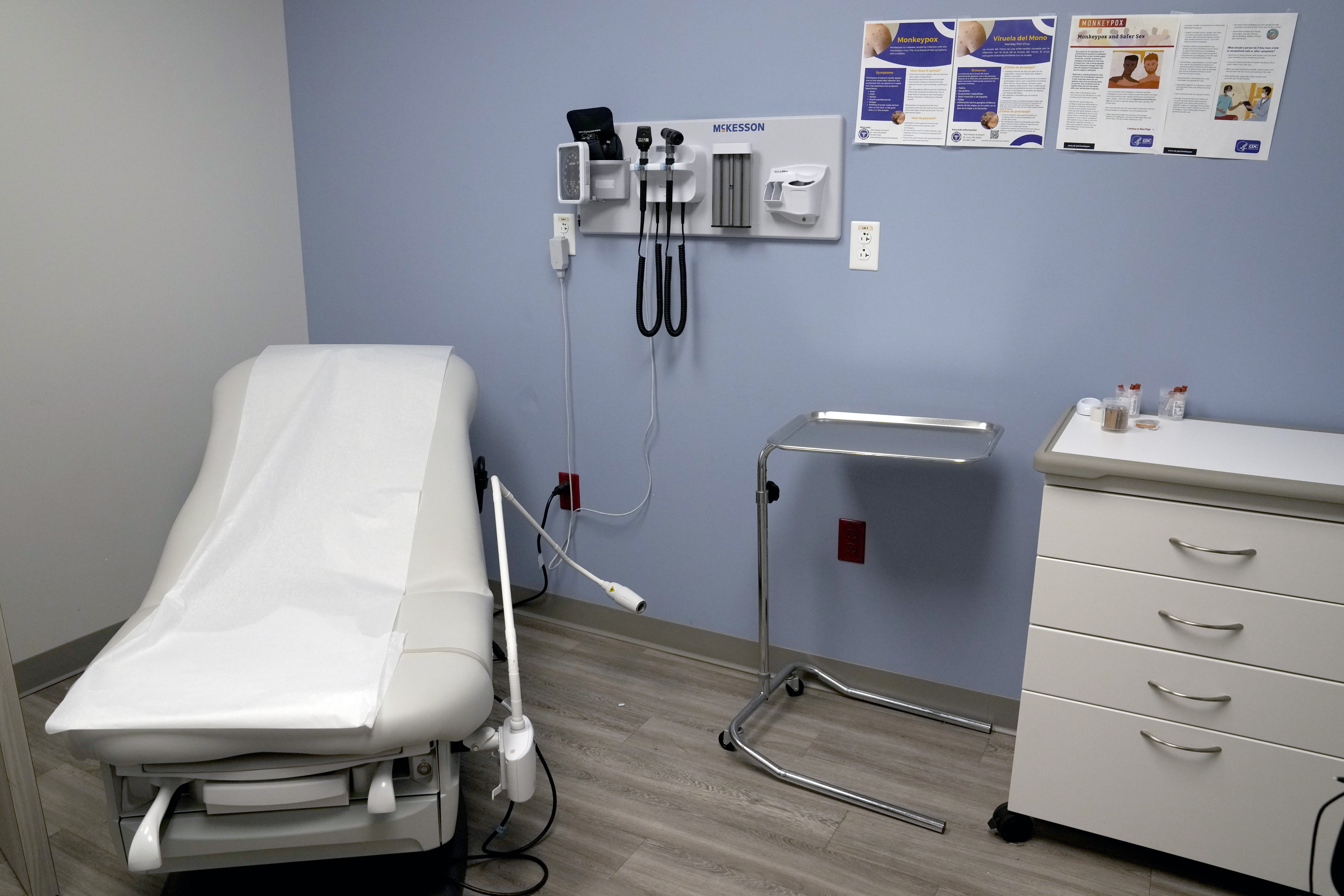While the coronavirus continues to spread around the United States, some local and state officials have put lockdowns or restrictions on certain things, like large group gatherings, as a means of keeping the vulnerable populations safe from the virus.
Experts say those at-risk populations have greater chances of more severe symptoms stemming from COVID-19 due to "underlying conditions." Those same conditions have been found in many of those who have died as a result of the illness, especially in the U.S.
But what exactly are those "underlying conditions?"
Aside from just older adults overall, the CDC says those who suffer from "serious chronic medical conditions" are at higher risk of getting very sick, hospitalized or even dying from coronavirus. Examples of those conditions include heart disease, diabetes, hypertension (high blood pressure) and lung disease.
Heart disease and lung disease are general umbrella terms used to describe different maladies that could effect those organs, according to the Mayo Clinic. Heart or cardiovascular disease could include things like arrhythmias, congenital heart defects, or anything that involves narrowed or blocked blood vessels. The latter conditions can lead to heart attacks, chest pains or strokes.
Similarly, lung disease refers a variety of illness that could plague the lungs over long periods of time, such as asthma, chronic obstructive pulmonary disease (COPD), emphysema, chronic bronchitis, cystic fibrosis or pulmonary edema, among others.
The coronavirus is not unique in seriously effecting those who have any of those conditions, according to the Mayo Clinic. People with those conditoins will be impacted more severely by any respiratory illness, like influenza.
U.S. & World
The reason why older adults overall — not just those with the other conditions — have a tougher time with coronavirus is simpler: their immune systems are not as strong as younger people's. But anyone whose immune system may be weakened or compromised (such as those going through cancer treatments or with autoimmune diseases like lupus, multiple sclerosis, HIV, inflammatory bowel disease) are also at an increased risk.
For patients who had been admitted to the hospital and were confirmed cases of COVID-19, the biggest risk factors for death were advanced age, signs of sepsis and blood clotting issues, according to a study published in The Lancet, one of the oldest and most-respected medical journals in the world.
"Older age, showing signs of sepsis on admission, underlying diseases like high blood pressure and diabetes, and the prolonged use of noninvasive ventilation were important factors in the deaths of these patients," said co-author Dr. Zhibo Liu, a doctor at Jinyintan Hospital in China. "Poorer outcomes in older people may be due, in part, to the age-related weakening of the immune system and increased inflammation that could promote viral replication and more prolonged responses to inflammation, causing lasting damage to the heart, brain, and other organs.”
The CDC recommends those who have these higher risks to stock up on supplies, avoid crowds and travel as much as possible, have over-the-counter medicines and medical supplies, and to contact a health care provider about possibly getting some extra medications that are necessary.



